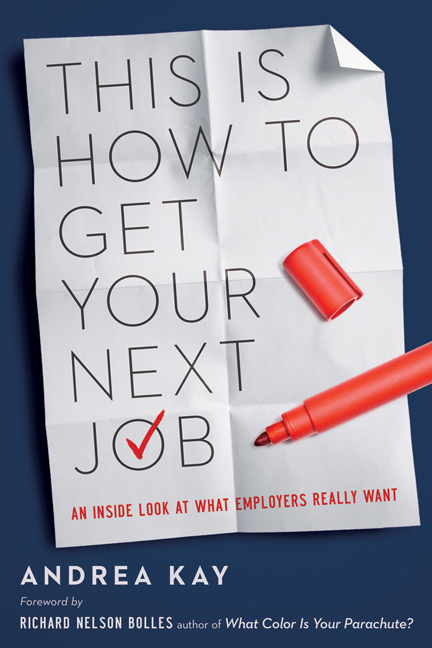

Guess what? There are record amounts of qualified people looking for a job. I am sure that this is probably not breaking news to you or something that you care to hear again. My goal is not to insult your intelligence or cause you emotional stress. I do want to smack you with the reality of what is fact.
Outside of overbearing facts about your qualified and competing job seekers, I want to take a look at the different styles of job seekers. Where do you fit? What’s your style? Is it working for you? Why is this important? Your initial reaction to these questions may cause reflection or perhaps a bit of sarcasm. Either way it’s all good because it has initiated some type of thought.
I won’t over complicate this topic. I want to keep it easy breezy. I have three styles for us to explore: The Walking Dead, The Crack Addict and The Intentional Job Seeker. Let us not lie. We all want to believe we are the intentional job seeker because it sounds so much nicer than the other two.
The fact is that many are not intentional and definitely fall into one of the other two styles. Keep your Abe Lincoln hat of honesty on tight as we look at these styles.
The Walking Dead

The mantra for this group of job seekers is “I want a job. I want a job.” Make sure you say it slowly and without emotion or life to get the true essence of this job seeker. Usually there are many recent graduates stuck in this Walking Dead style. The recent graduates usually fall into this category because they have been so focused on preparing for graduation that they gave no forethought to the aftermath. Sure, they may have gone to the college career center for help along with the hundreds of other graduates that did the same thing. I totally get it.
They procrastinated and now desperately need a job before that six-month grace period is over and it’s time to pay their student loans. To make matters even more intense, they have no desire to move back home with mom and dad. Truth be told mom and dad have gotten well-adjusted to being empty nesters and prefer they not return home as well.
The walking dead typically will depend on the common and more popular job portals to find a position. They also rely heavily on what they hear via another student or friend. Just imagine thousands of students in their fresh new suits with their bland resumes extended while repeating “I want a job. I want a job.” Put on your Abe Lincoln hat of honesty. Does this describe your job search? Do you simply blend in with the masses?
The Crack Addict
This job seeker is usually one that has a substantial amount of experience. Whatever the reason for their unemployment, they have become the Crack Addict. They apply to any and everything simply because they NEED a job. This style usually comes into fruition because this job seeker probably has a family, a mortgage and plenty of creditors that have become daily stalkers.
These job seekers typically have a very high stress level and the emotional state of being is quite unpredictable. They constantly talk about their NEED for a job to anyone and everyone that will listen. Their mantra is “I NEED a job! I NEED a job!” They actually can be quite scary and intense. Unlike the Walking Dead, you can’t just run away from them because they are fast and relentless.
This type of relentless activity is distasteful to most employers. Employers totally understand the need for a job. It’s the nagging characteristic that turns employers away and urges them to seek other candidates. Have you morphed into the Crack Addict? Remember Honest Abe and keep it real with yourself.
I am not here to judge. I just want to present facts and initiate self-awareness in respect to your job seeker style. Awareness is good. Once we are aware, we can make conscious decisions. Preferably our conscious decisions will shift us to our final group, The Intentional Job Seeker.
Intentional Job Seeker
This job seeker can be a recent graduate or someone with years of experience. This job seeker sets themselves apart and in front of the masses by having a plan. Your plan is yours.
You should create it and definitely get insight or help from someone that can provide quality feedback. Aunt Mary may be sweet as pie and your favorite aunt for personal advice but she is probably not the best resource for help with a career plan. The Intentional Job Seeker will be sure to have professional guidance for their career plan.
I understand you may not have finances to pay for a service. Can you barter service for service? It may be said that this job seeker daydreams too much. They will spend some quality time exploring their dream position. They also know the minimum requirements on the scale in respect to positions that they’re willing to take. This job seeker will also target specific companies.
They know the values that are important to them and the company in which they want to work. No one wants to work for a crappy company so it is wise to do some homework. This job seeker is usually a master at networking.
They will attend professional events, mingle and find creative ways to get in front of the “right” audience. These outward things are all very critical and needed. What is most impressive about the intentional job seeker is their mindset. They are not desperate despite how badly they may want or need a job. They acknowledge that they have something to offer their potential employer and are confident in expressing their value. Find ways to align your values with the company’s values. Is it a good match?
I could probably continue with more but I think this is a good easy, breezy start. Again, my goal is never to over complicate anything but a good smack with the facts always helps. Acknowledge your current job seeker style. If it’s working for you, GREAT! Keep doing what you are doing. If it’s not working, seriously consider shifting to something that serves you better.



